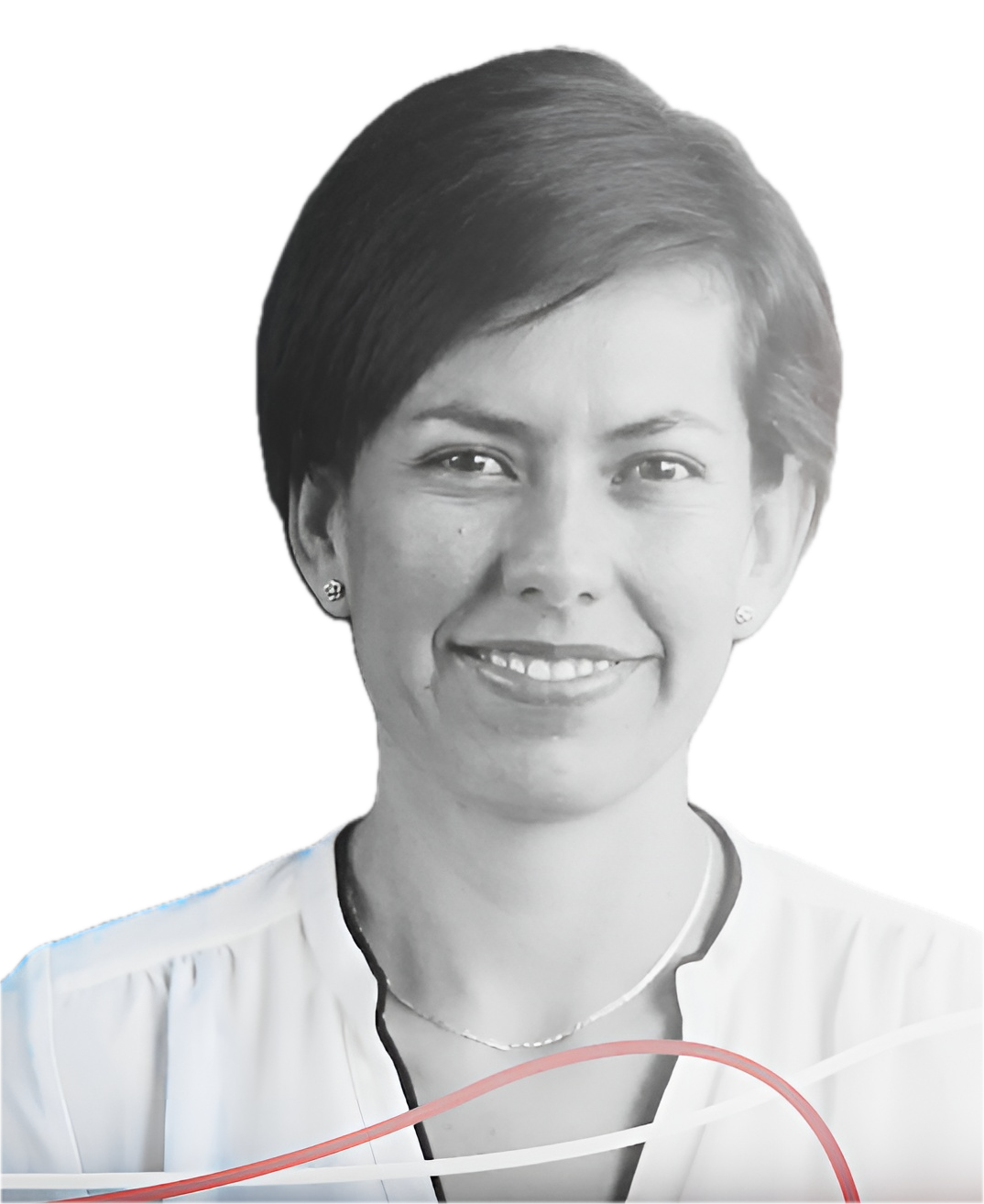As project partners, we are working together to design and test methodologies for the Rock It Cafés, Labs, and the Rock It Map. While each university applies these tools locally, we collectively reflect on their outcomes, learn from each experience, and continuously refine the materials. This shared process strengthens the project’s impact and generates insights that can inspire other institutions to adopt similar approaches, fostering creativity, collaboration, and societal engagement across the higher education sector.

Behind Rock Your Research is a transdisciplinary team of 6 institutions from across Europe, united by a passion about reimagining how knowledge connects with society. We come from different walks of academia, art, and civic engagement, but we share a common mission: to turn universities into cultural hubs of knowledge and societal interaction.
Linnaeus University is a creative and international knowledge environment with more than 40,000 students and 2,200 employees. Its leading research is driven by Linnaeus University Centres, covering fields from ecology and bioscience to integration, postcolonialism, and big data.
The university has a rich tradition of blending art and science in innovative ways. It hosts its own artist-in-residence program, where artists from various disciplines collaborate with researchers and research groups, fostering creativity and new perspectives. As the lead partner of the project, Linnaeus University brings extensive experience in art and science initiatives. The RYR project is strongly connected to Open Science at the university, with one of the project leaders also serving as a senior advisor within RYR.

General Editor And Coordinator at the Cultural University

Operational Manager at the Cultural University

Public & Science Sweden (Vetenskap & Allmänhet, V&A) is a non-profit membership organisation that promotes dialogue and openness between researchers and the public. Its members include around 100 organisations, authorities, universities, companies, and associations from across Swedish society. Public & Science serves as a national hub for science communication, citizen science, public engagement, and open science, with extensive experience in co-creation, dialogue, and participatory processes.
In Rock Your Research, V&A is responsible for mapping existing art-science initiatives, developing engagement methodologies for the Rock It Cafés, and supporting Linnaeus University in Sweden-based activities.

Project & Communications Manager
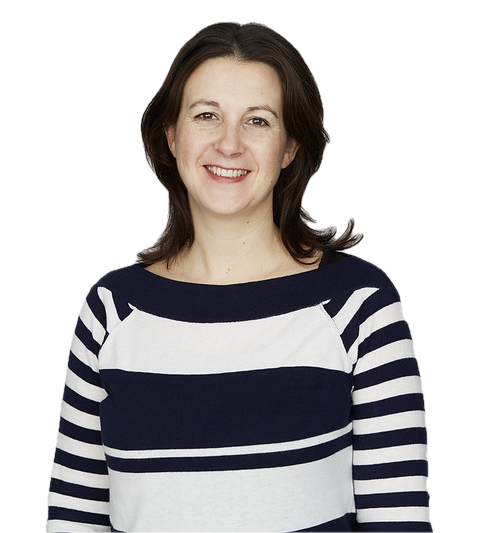
Project Manager & Press Officer

The University of Málaga (UMA) is a leading Spanish institution with over 35,700 students, 2,500 faculty, and a strong international presence. UMA supports 309 research groups and 575 projects across disciplines, with active global partnerships and a commitment to innovation. UMA aligns closely with Rock Your Research’s mission through its Vice-Rectorate for Research and Scientific Dissemination, which promotes science communication and public engagement. The university also integrates art as a tool for knowledge exchange, offering spaces like the Rectorate’s exhibition hall, the Faculty of Arts’ galleries, and the Cultural Container. Lastly, Link by UMA, an innovation and entrepreneurship hub, supports knowledge transfer, interdisciplinary collaboration, and the development of transversal competencies, making UMA a key partner in the Rock Your Research project.
Role Associate Professor of Arts
Professor of Entrepreneurship
Associate Professor of Arts
Postdoctoral Researcher

The University of Granada (UGR) is a leading public comprehensive research university in Spain, offering a wide range of undergraduate, master’s, and doctoral programs across all disciplinary fields. UGR is committed to excellence in education, research, and the transfer of scientific, technical, and artistic knowledge to society. MediaLab UGR – Research Laboratory for Digital Culture and Society – is the unit responsible for implementing this project at UGR. As a dynamic citizen laboratory, MediaLab UGR specializes in innovation and participation methodologies, digital culture, open science, and social innovation, generating knowledge through collaboration with diverse social groups. Its interdisciplinary team brings expertise in public engagement, experimentation, and methodologies for social participation, which are central to the aims of the project. UGR, via MediaLab UGR, will lead local project activities, including Rock It Cafés, resource mapping, and coordination of Rock It Labs. It will also support documentation, dissemination, and outreach, drawing on its expertise in social innovation and public engagement.
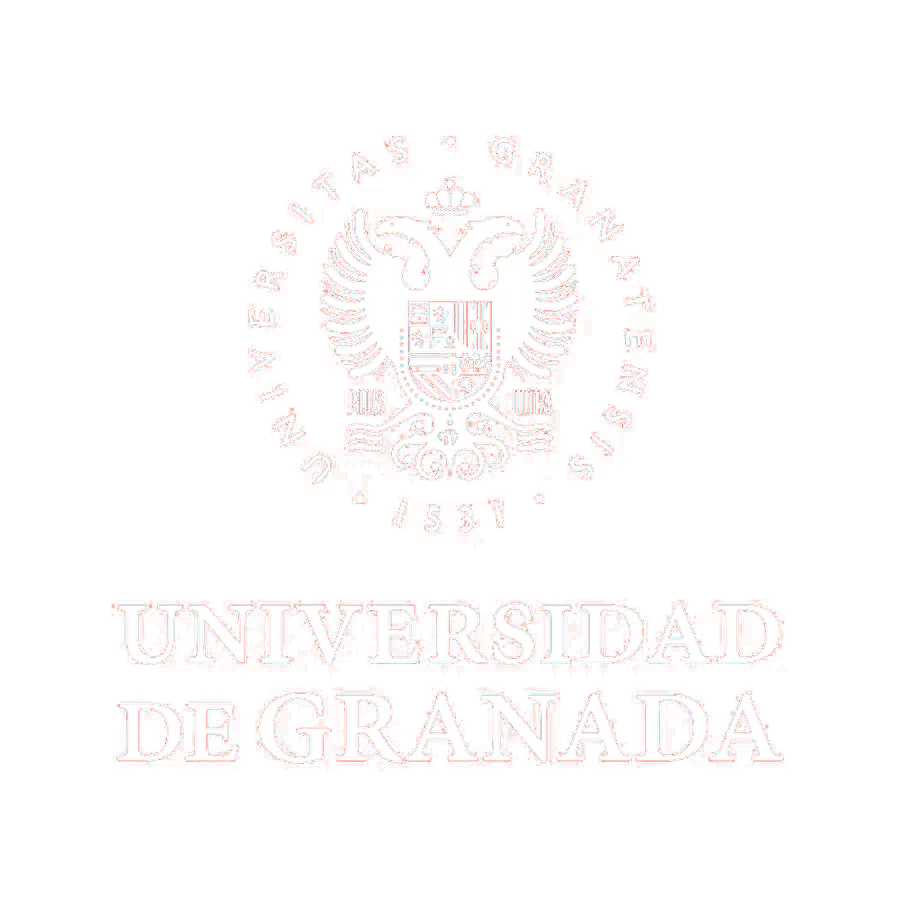
Member of Medialab UGR – Social Impact Coordinator
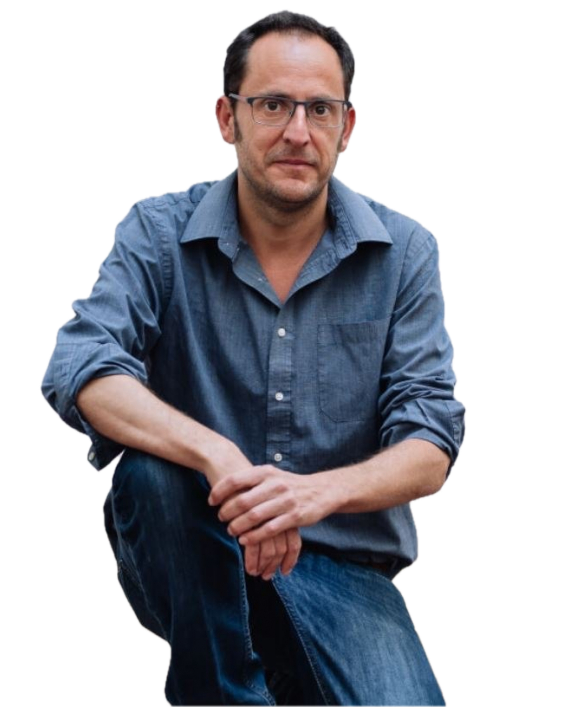
Assistant Professor (PhD) – Department of Drawing
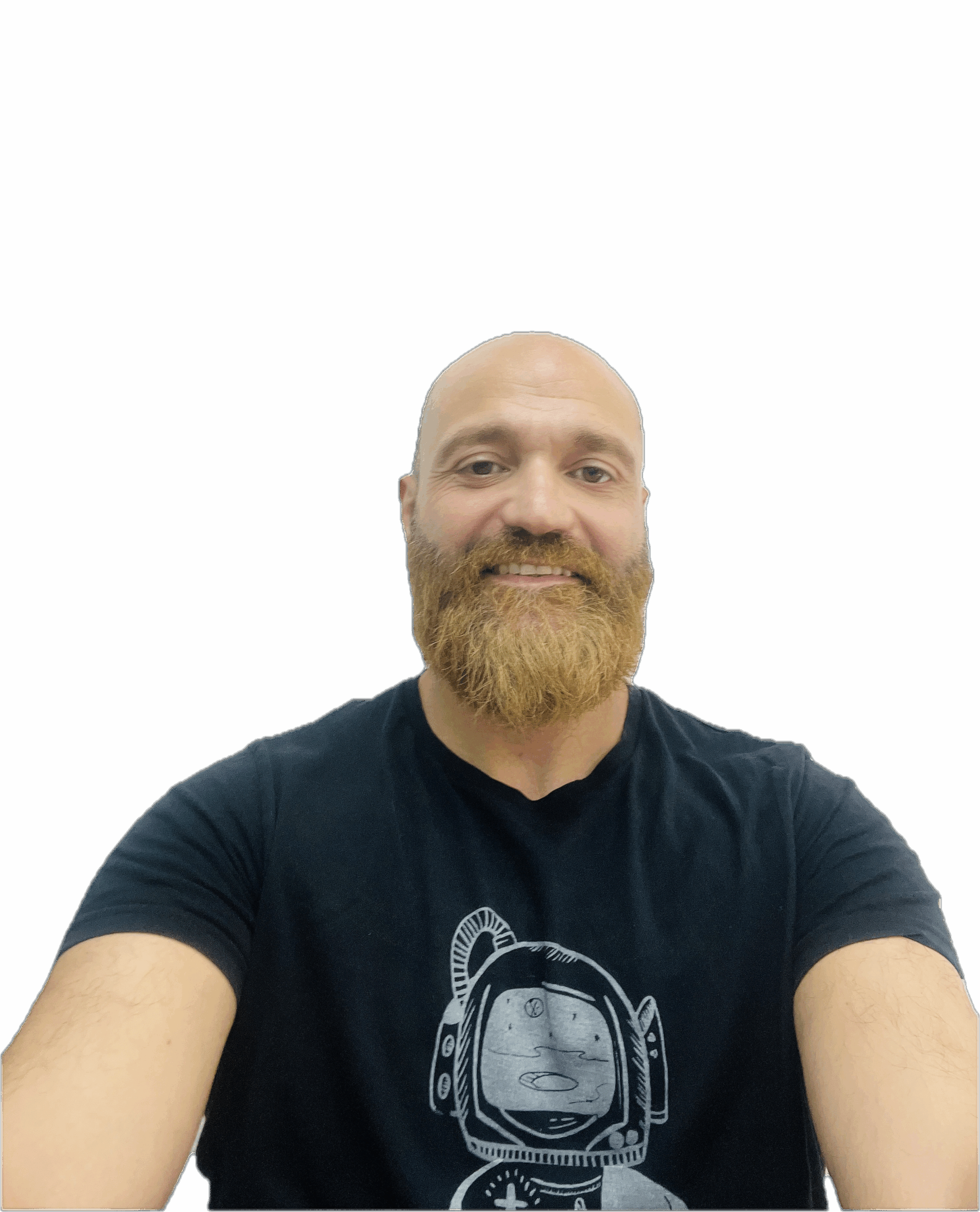
Vice-Rector for Social Innovation – Employability and Entrepreneurship

ACEEU is the world’s only quality assurance body dedicated exclusively to recognising engagement and entrepreneurship in higher education. Through our accreditation services, we help universities embrace the Third Mission and boost their societal relevance and impact.
In the Rock Your Research project, ACEEU brings its unique expertise in community engagement to help shape a strategic and culturally grounded approach to connecting universities with society.
As the project’s quality lead within Rock Your Research, we ensure that all outcomes are practical, scalable, and transferable—ready to inspire other universities looking to bridge the gap between research, the arts, and the public.
Additionally, supports the project’s long-term visibility, designing communication strategies that extend the project’s reach beyond its funding period.

Community & Creative Engagement Specialist
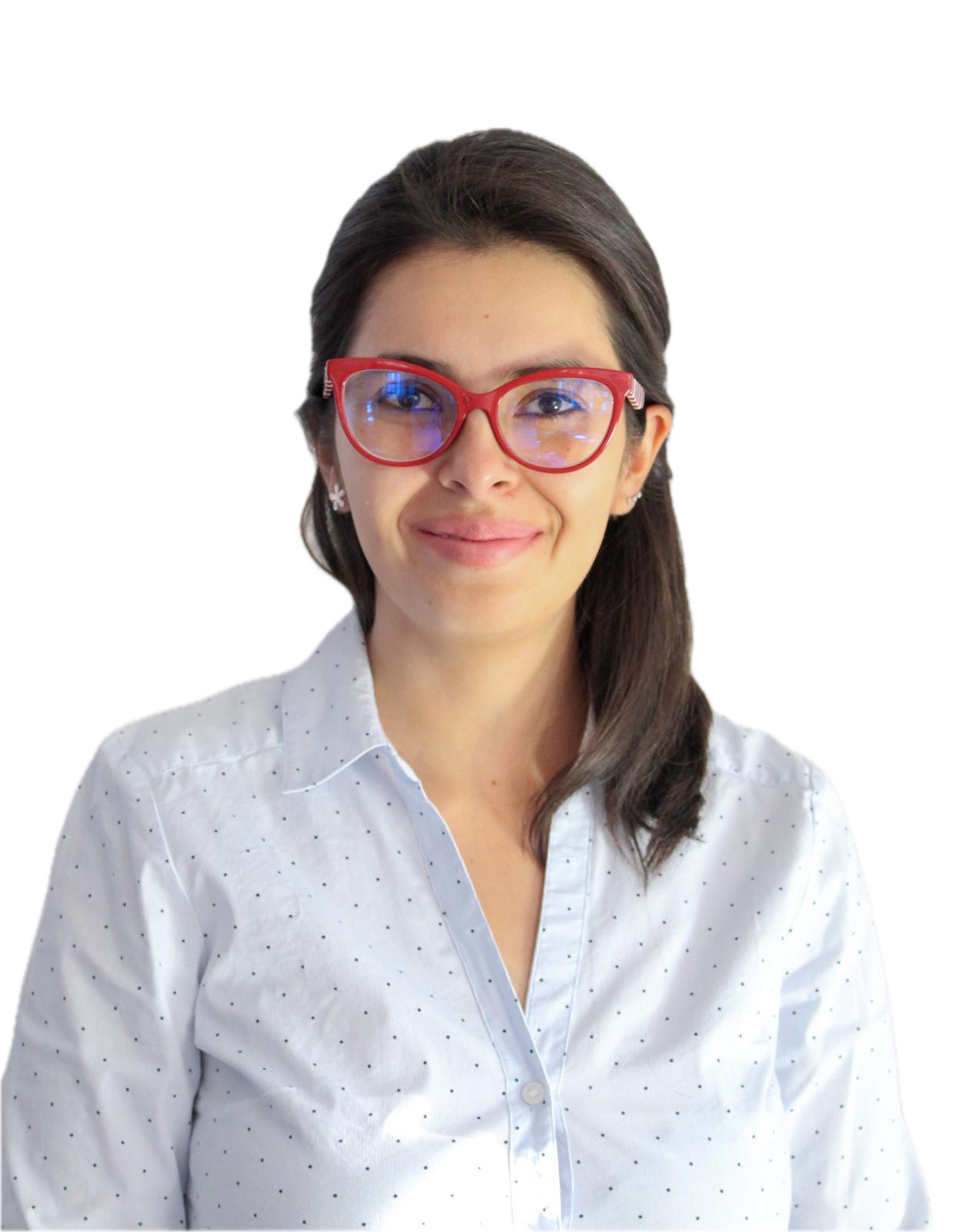
CEO
